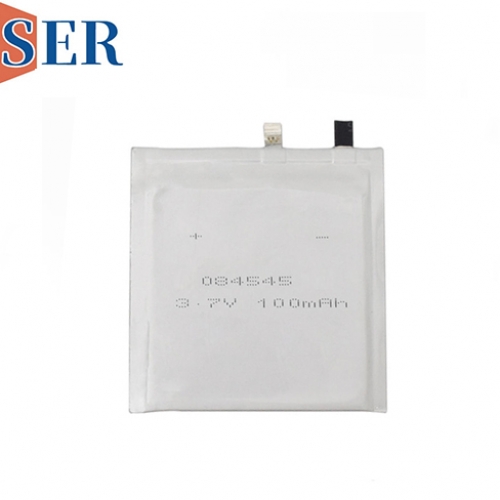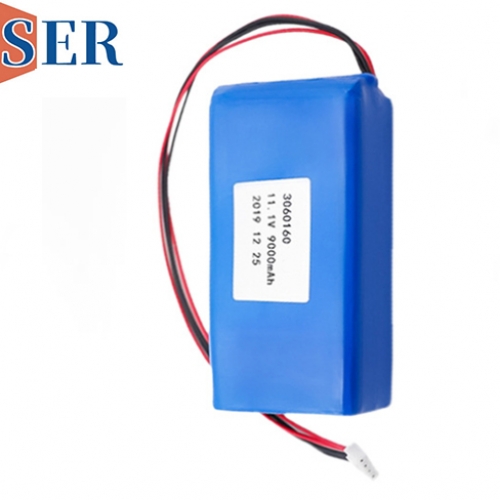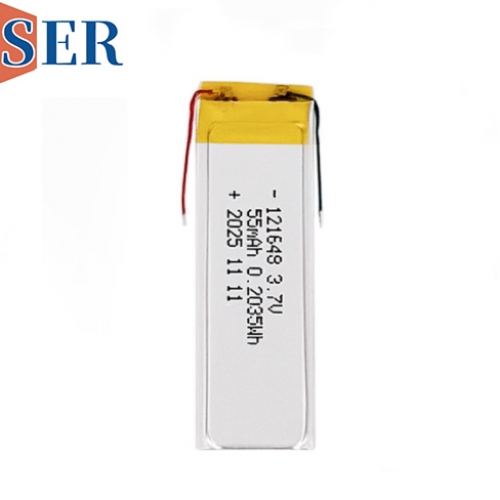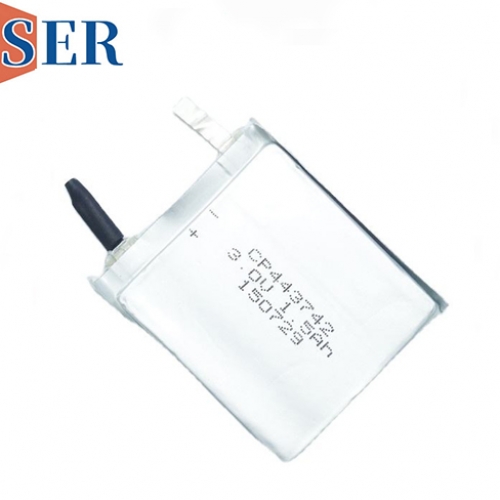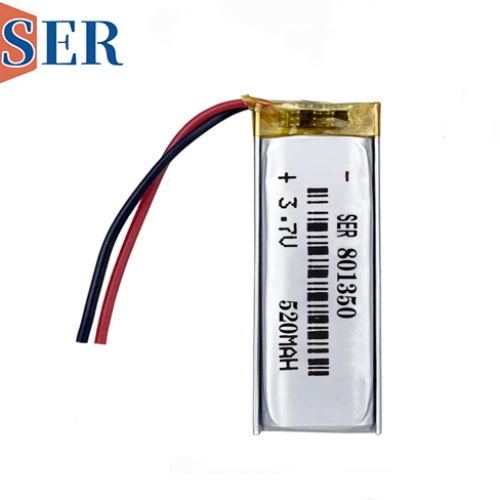Primary Lithium Thionyl Chloride 32.5Ah High-Temperature Battery: ER321270 and ER321260S
Primary Lithium Thionyl Chloride 32.5Ah High-Temperature Battery: ER321270 and ER321260S
In the realm of batteries, the primary lithium thionyl chloride (Li-SOCl₂) battery holds a unique position due to its exceptional characteristics. Among the various models available, the 32.5Ah high-temperature batteries, specifically the ER321270 and ER321260S, stand out for their reliability and performance. This article delves into the features, applications, and advantages of these batteries, highlighting their suitability for high-temperature environments and demanding operational conditions.
I. Introduction to Lithium Thionyl Chloride Batteries
Lithium thionyl chloride batteries are a type of primary battery, meaning they are not rechargeable. They are characterized by a high energy density, long shelf life, and stable voltage output, making them ideal for various applications where reliability and longevity are paramount. The chemistry of the Li-SOCl₂ battery involves the reaction between lithium metal and thionyl chloride (SOCl₂), resulting in a highly efficient energy conversion process.
II. Features of the 32.5Ah High-Temperature Battery
The 32.5Ah capacity batteries, ER321270 and ER321260S, are designed to operate under high-temperature conditions, typically up to 85°C or even higher in some variants. This feature sets them apart from standard batteries, which may experience performance degradation or even failure when exposed to such extreme temperatures.
The batteries are also known for their long shelf life, often exceeding several years, due to the stability of the Li-SOCl₂ chemistry. This ensures that the batteries can be stored for extended periods without significant loss of capacity.
Furthermore, the ER321270 and ER321260S batteries offer a high discharge rate, allowing them to provide a large amount of power quickly when needed. This is particularly useful in applications that require bursts of high power, such as emergency systems or industrial equipment.
III. Applications of the ER321270 and ER321260S Batteries
The ER321270 and ER321260S batteries find widespread use in various industries and applications. One of the primary areas where they are employed is in the oil and gas industry, where equipment often operates in high-temperature environments. The batteries' ability to withstand extreme temperatures ensures reliable performance even under challenging conditions.
They are also commonly used in military and aerospace applications, where reliability and longevity are crucial. The batteries' long shelf life and stable performance make them suitable for use in equipment that may be stored for extended periods or deployed in remote locations.
Moreover, the ER321270 and ER321260S batteries are often chosen for use in security systems, alarms, and other critical systems that require backup power. Their ability to provide a large amount of power quickly during emergencies ensures that these systems can function effectively when needed.
IV. Advantages of Lithium Thionyl Chloride Batteries
The advantages of lithium thionyl chloride batteries, particularly the 32.5Ah high-temperature variants, are numerous. Firstly, their high energy density allows for longer operation times between replacements, reducing maintenance costs and downtime.
Secondly, the batteries' stability and long shelf life mean they can be stored for long periods without fear of degradation. This is especially beneficial in scenarios where equipment may not be used frequently but must be ready to operate at a moment's notice.
Furthermore, the ability to operate under high-temperature conditions sets these batteries apart from other types of batteries. This feature enables their use in environments where traditional batteries may fail, such as in industrial equipment or in locations with extreme heat.
Lastly, the batteries' high discharge rate allows for quick bursts of power when needed, making them suitable for applications that require rapid response or high-power output.
V. Safety Considerations and Disposal
While lithium thionyl chloride batteries offer numerous advantages, it is important to consider safety when handling and disposing of them. The batteries contain corrosive and potentially harmful chemicals, so proper safety precautions should be taken during use, storage, and disposal.
When disposing of these batteries, it is crucial to follow local regulations and guidelines to ensure they are disposed of safely and environmentally friendly. Many recycling programs exist specifically for lithium batteries, and it is recommended to use these services to minimize the impact on the environment.
Overall, the 32.5Ah ER321270 and ER321260S high-temperature lithium thionyl chloride batteries represent a promising technology for specialized applications where their unique properties can be fully utilized. With further research and development, they may find even broader applications in the future.

